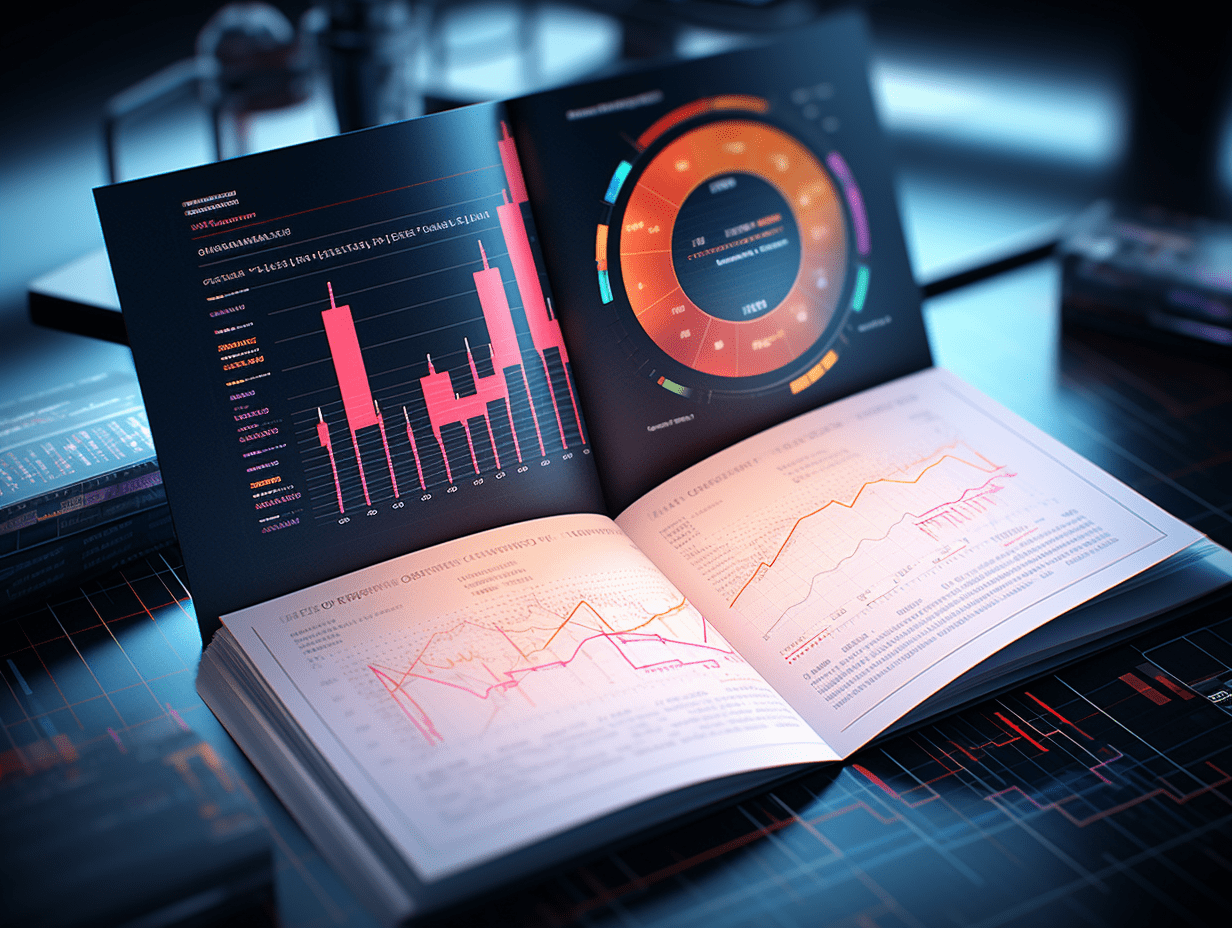
Trump changes his mind abruptly, "slapping the face" of Wall Street. Goldman Sachs quickly retracts its recession forecast.
After US President Donald Trump announced a 90-day suspension of most of the previously announced tariffs, Goldman Sachs economists withdrew their prediction of a US economic recession, although analysts still believe that policy uncertainty will lead to a sharp slowdown in the economy this year.
Led by Jan Hatzius, Goldman Sachs economists stated in a report on Wednesday that, "Earlier today, before Trump announced this decision, we had already adjusted our baseline forecast to recession to account for additional tariffs targeting specific countries that went into effect this morning. Now, we have reverted back to our non-recession baseline forecast."
This rapid reversal highlights the challenges analysts and investors face when assessing the economic impact of US government trade policies that can change by the hour. Shortly before 1 pm New York time on Wednesday, the Goldman team released a report stating that a US economic recession was the baseline forecast, with a 65% chance of an economic recession in the next 12 months.
At 1:18 pm New York time that day, Trump posted a message on Truth Social stating that he would implement a 90-day suspension policy of equivalent tariffs on imported goods from trade partners outside of China, while retaining a 10% baseline tariff. This caused a surge in the US stock market. Goldman Sachs economists then issued another report at 2:10 pm, overturning their previous prediction.
They stated, "This statement retains all previous tariffs and the lowest 10% of equivalent tariffs, and we expect additional tariffs of 25% to be levied on specific industries. These tariffs together may come close to our previous expectations."
Retraction of recession prediction by Goldman Sachs
Before Trump announced the 90-day suspension of most tariffs, Goldman Sachs economists had stated that they believed there was a 65% chance of a US economic recession in the next 12 months, due to Trump imposing tariffs on trade partners. Led by Jan Hatzius, Goldman Sachs economists stated in a report on Wednesday that, "We believe the White House is unlikely to swiftly rescind most new tariffs, but if it does, the likelihood of economic recession will decrease."
Goldman's forecast included a 1% decrease in US Gross Domestic Product (GDP) in 2025, with unemployment rising to 5.7%. Economists from other Wall Street firms such as JPMorgan Chase had also made similar predictions in recent days.
Hatzius stated, "The severity of this recession will be lower than most of the previous ones in the US, partly because we have not seen significant financial imbalances that need to be addressed, private sector balance sheets remain strong, and we believe trade agreements will ultimately reduce tariffs to some extent."
The Goldman team expects the Federal Reserve to begin lowering the benchmark interest rate in June this year, completing a cut of about two percentage points by the end of 2025. Goldman also predicted that as tariffs raise prices, a key measure of potential inflation - the Personal Consumption Expenditures Price Index excluding food and energy - will "peak at just under 4% this year." In February of this year, this index was at 2.8%.
Goldman stated, "Recent comments from Fed officials do not sound like they are ready to lower rates, and with inflation and consumer inflation expectations elevated, some officials may be even less willing to cut rates."
"However, by June, hard data should weaken, and inflation concerns are unlikely to prevent Fed leadership from cutting rates at that time, as a weak economy is unlikely to sustain high inflation."
About an hour later, Goldman retracted its recession prediction.
Risk still exists
However, Goldman's latest forecast shows that US economic growth will only be 0.5% in 2025, with a 45% chance of slipping into a recession in the next 12 months. Since Trump first announced tariffs on April 2, other economists have significantly lowered their growth forecasts for the US economy and raised inflation expectations.
Despite Trump's announcement of a tariff suspension on Wednesday, some forecasters reiterated their cautious outlook, noting that Trump raised tariffs on Chinese goods to 125%, keeping the overall effective tax rate on all imported goods roughly the same.
Neil Dutta, Head of US Economics at Renaissance Macro, predicted a slowdown in the US economy on Wednesday morning. Even after Trump suspended tariffs and Goldman changed its stance, Dutta maintained his forecast.
Dutta said, "The situation now is that we have shifted from non-linear risks to more linear risks. This is a relief, but it's not time for anyone to sound the 'all-clear' signal."
Economists at Citigroup issued a similar warning on Wednesday afternoon.
Andrew Hollenhorst and Veronica Clark of Citigroup stated, "Suspending equivalent tariffs on countries outside of China does not mean the US economy is avoiding a slowdown in growth and an increase in inflation. We would not make significant adjustments to macroeconomic forecasts based on this news."
Michael Feroli, Chief US Economist at JPMorgan Chase, suggested that with Trump's tariff suspension, the Federal Reserve may wait until September to start cutting interest rates. Previously, he expected the Fed to start a series of rate cuts from June onwards. JPMorgan Chase also predicted last week that the impact of tariffs would push the US economy into a recession this year.
Feroli said, "The drag from trade policy may be easing more than previously, hence the likelihood of an economic recession is smaller. However, we still believe that actual economic activity is more likely to contract later this year."
RECOMMEND
©️2013 - 2025 GMT EIGHT Holdings. All Rights Reserved.
Contact: [email protected]


